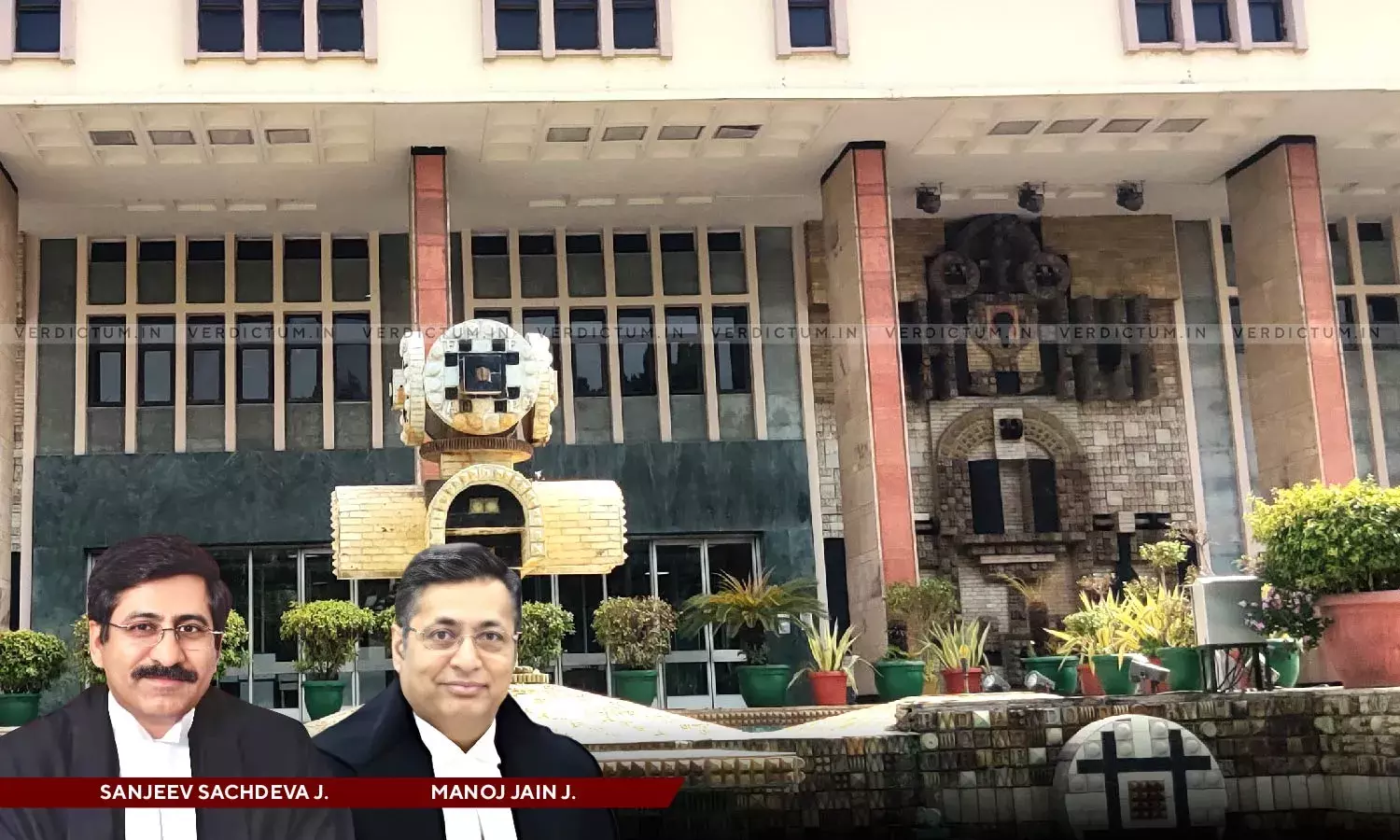'Authority Erred In Not Appreciating Mental Medical Condition': Delhi HC Reinstates SSB Constable Who Was Dismissed From Service For Attempting Suicide

The Delhi High Court set aside the order dismissing a Sashastra Seema Bal (SSB) Constable from services on the grounds of attempt to commit suicide and directed him to be reinstated in service with all consequential benefits.
The Petitioner joined Sashastra Seema Bal (SSB) as a Constable and was dismissed from service by the Respondent-Authority. He later sought quashing of the orders, whereby his dismissal from service had been upheld by the Respondents, and mercy petition against such order had been rejected, respectively.
The Petitioner whilst performing his duties attempted to commit suicide by consuming liquid poison. In the Court of Inquiry, he was awarded a sentence of imprisonment in forced custody up to 89 days. He had been suffering and diagnosed with bouts of depression and undergoing psychiatric treatment and medication.
Petitioner, after a few months, was also charged with (i) climbing on the top of the water supply tank which was a restricted area to all and (ii) climbing on the top of the water supply tank with the intention to commit suicide after uploading a suicide note on his Facebook account.
The Division Bench of Justice Sanjeev Sachdeva and Justice Manoj Jain said, “We are conscious of the fact that in exercise of powers under Article 226 of the Constitution of India, the High Court does not sit as an Appellate Court and re appreciate the evidence. However in the present case, we have referred to the evidence to show that it is a case of no evidence and complete miscarriage of justice in as much as the Competent Authority has been totally oblivious of the mental health of the Petitioner and has treated him as an ordinary offender.”
Advocate Aanchal Anand appeared on behalf of the Appellant and Senior Panel Counsel Satya Ranjan Swainappeared on behalf of the Respondents.
The Court referred to Section 115 of the Mental Healthcare Act, 2017 and stated that Section 115 raises a statutory presumption that any person who attempts to commit suicide shall be presumed to have severe stress and shall not be tried and punished under the Indian Penal Code. It further casts a duty upon the appropriate Government to provide care, treatment and rehabilitation to a person, having stress and who attempted to commit suicide to reduce the risk of recurrence of the attempt to commit suicide.
The Court observed, “The medical records pertaining to mental health condition of the Petitioner inter alia the OPD cards, psychometric assessment, consultation, prescriptions etc., were not even examined by the SFC or taken on record. Even when the medical condition was brought to the notice of the Appellate Authority, it was also not taken into account. Even the doctors under whom the petitioner was receiving treatment were not examined to evaluate the mental health of the Petitioner and to consider the proportionality of punishment.”
The Court also referred to the Supreme Court decision in Ravinder Kumar Dhariwal v. Union of India, wherein it was held that “The duty of providing reasonable accommodation to persons with disabilities is sacrosanct. All possible alternatives must be considered before ordering dismissal from service.”
The Court remarked that it is common knowledge that members of the forces work under tremendous stress and strain attached to their duties. If the stress is compounded by external factors from the home front there are possibilities of members of the force taking extreme steps.
Cause Title: Vasudev Panchal v. Union of India and Ors. (Neutral Citation: 2024:DHC:1823-DB)
Appearances:
Petitioner: Advocate Aanchal Anand
Respondents: Satya Ranjan Swain Senior Panel Counsel, Sahaj Garg, GP and Advocate Kautilya Birat
Click here to read/download the judgment

